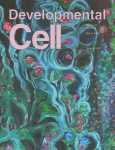 Diabetes has issued two expressions of concern (EOCs) for papers co-authored by leading diabetes researcher Kathrin Maedler, adding to her previous count of one retraction and three corrections.
Diabetes has issued two expressions of concern (EOCs) for papers co-authored by leading diabetes researcher Kathrin Maedler, adding to her previous count of one retraction and three corrections.
Both papers were questioned on PubPeer, alongside several others co-authored by Maedler, who is based at the University of Bremen in Germany. As we previously reported, PubPeer comments have led to one retraction for Maedler in the Journal of Biological Chemistry (JBC), and corrections in various other journals.
One of those corrections has now earned an EOC from Diabetes, which also extends to the original paper. Here are the notices, which asks the University of Bremen to investigate further: Continue reading Journal flags two papers by prominent diabetes researcher, more questioned on PubPeer

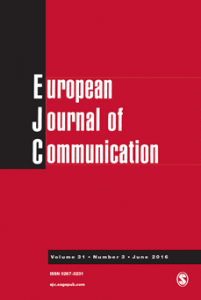
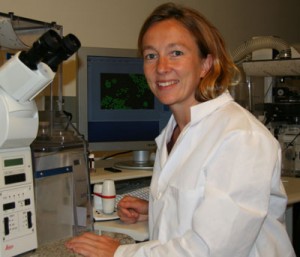
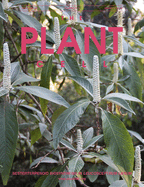
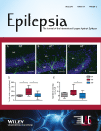
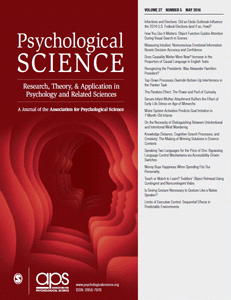

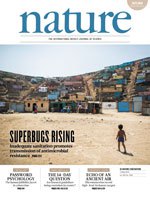 If you need evidence of the value of transparency in science, check out a pair of recent corrections in the structural biology literature.
If you need evidence of the value of transparency in science, check out a pair of recent corrections in the structural biology literature.